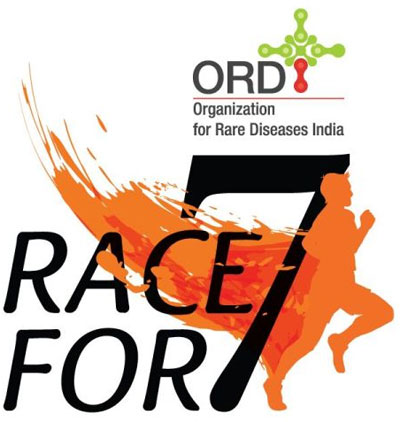The Central government has filed an affidavit in the Delhi High Court, underlying need to re-frame the policy for rare diseases which was finalised and approved last year.
The Centre has informed the court that there are several challenges with respect to the policy like under the National Health Mission (NHM) which mandates only primary and secondary care and does not cover the management of the tertiary care.
However, rare disease management usually involves tertiary care. In an earlier hearing, the Central government had informed the high court that rare diseases were transferred from the Public Health Division to the NHM due to personal independence payment (PIP) process.
“That though framed with the best intent had implementation challenges and gaps including the issue of cost-effectiveness of supporting such health interventions for a resource-limited situation which made it not feasible to implement in the present shape,” reads the affidavit accessed by ANI.
It also states that though in an affidavit dated March 14, 2018, it was stated that Rs 100 crore corpus funds have been created under the National Health Mission. “However, no such corpus was created and this occurred under an honest mistaken belief that the funds under the NHM could be earmarked,” adds the affidavit.
Prasanna Shirol, co-founder and executive director of Organisation for Rare Disease India (ORDI), has expressed shock and displeasure over the change in the Central government’s stance. “The government is not serious so far as rare diseases are concerned, and has left the patients in the lurch, who were pinning their hope on the policy,” he added.
The affidavit said that most of the states have not constituted State Technical Committees as envisaged under the policy. “Only six states-Delhi, Karnataka, Punjab, Gujarat, Jharkhand, and Tamil Nadu-are reported to have constituted the state committees,” says the affidavit.
It also said that Tamil Nadu had clarified that the cost for sustaining life for one year for rare diseases comes up to Rs 45 lakh and hence it appears to be “unsustainable” and “impractical.”
“Illustratively for 100 patients to be treated and maintained on the above regimen would cost about Rs 45 crore, which is very high proportion of the overall drug budget which addresses several lakh patients every day,” Tamil Nadu government had said, adding that either the Central government should defray the full cost of the treatment or resort to compulsory licensing of the said drugs.
Justice Manmohan who has been overseeing the proceedings was disappointed with the turn of events and asked the Union Health Secretary Preeti Sudan to be present on the next date of hearing on February 8, 2019, to propose an interim arrangement for rare genetic diseases till the policy is re-framed. He also mentioned that the government has run down its own policy and the fate of the patients is unknown till the policy is re-framed.
A rare disease is a health condition of low prevalence that affects a small number of people as compared to the prevalent diseases in the general population. It is estimated that globally around 6,000 to 8,000 rare diseases exist with new rare diseases being reported in the medical literature regularly. However, 80 per cent of all rare disease patients is affected by approximately 350 rare diseases.
https://www.business-standard.com/article/news-ani/centre-to-reframe-policy-for-rare-diseases-files-affidavit-in-hc-118121801311_1.html



